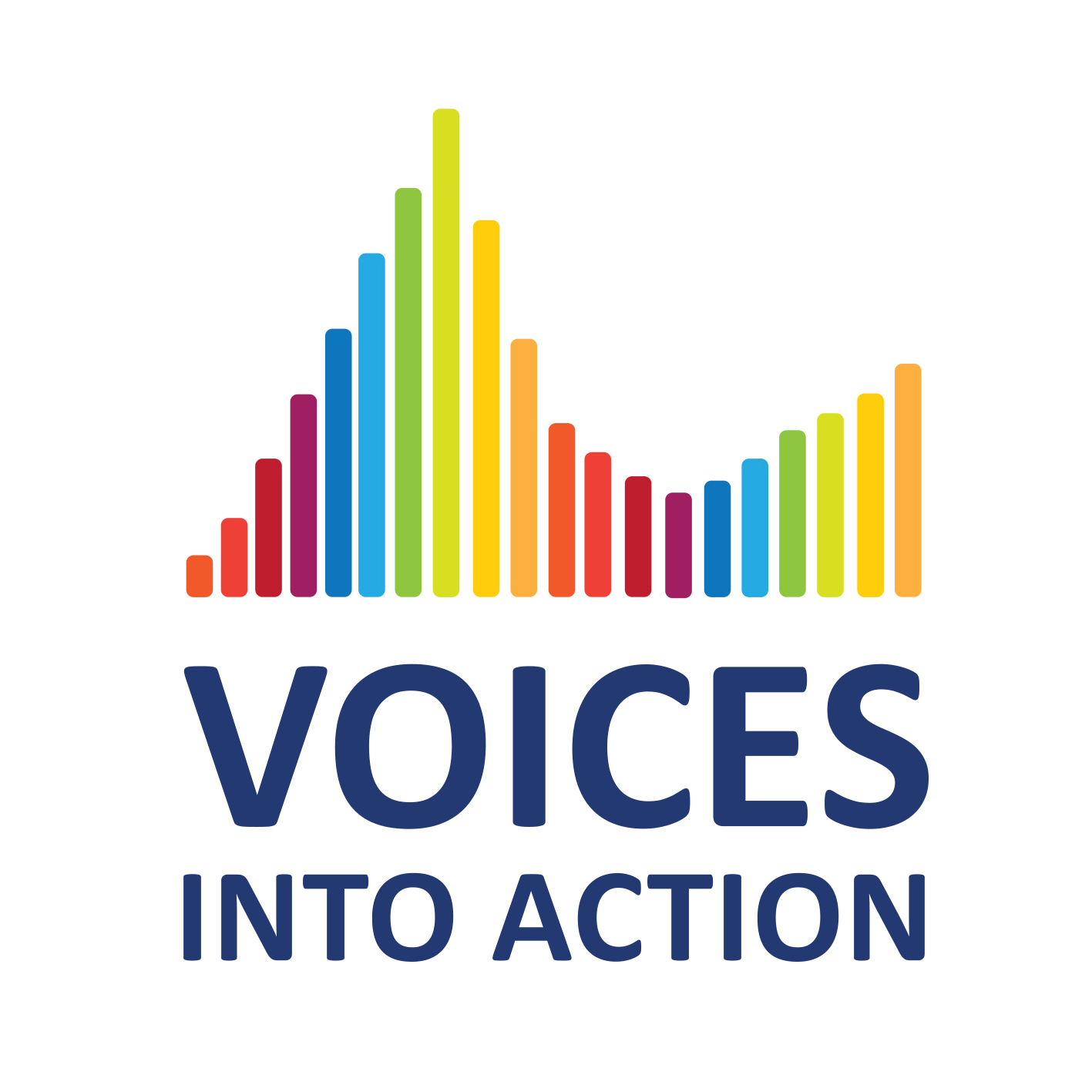Resource library
This area contains resources that are relevant to the VIA Framework, and that stakeholders can consult to inform planning, participation and evaluation processes. Click 'show filters' below to narrow resources down by topic area. Click 'clear filters' to reset your search.
This highly detailed training toolkit is aimed at school leaders planning professional development opportunities. It includes interactive training materials to help school stakeholders engage with parents and involve them in their children’s learning.
This open-access paper analyses children’s right to have their expressed views considered in matters that affect them. It discusses Article 12 of the United Nations Convention on the Rights of the Child, highlighting complexities related to power imbalances and the relative weight of children’s voices compared to those of adults.
This collection of tools and resources for education practitioners, researchers and policy-makers supports children’s participation as active citizens and learners.
This open-access paper explores the gap between parental engagement policies and practice in the United States. Using data from schools across the country, it shares steps that policy-makers and schools can take to forge parental and community partnerships.
Hub na nÓg is a ‘national centre of excellence and coordination on giving children and young people a voice in decision-making’. Its participation framework is based on Laura Lundy’s participation model. This online resource includes valuable case studies, training materials and a searchable database of materials.
This online resource provides a range of materials for schools to use in designing strategies to promote inclusive education and tackle early school leaving. The tabs for ‘Support to learners’ and ‘Parental involvement’ are particularly relevant.
This resource aims to support institutions to organise activities in partnership between children and adults. It defines roles for all stakeholders and includes information directed at youth.
This open-access paper defines voice-inclusive practice as ‘actions and processes that incorporate children’s perspectives and actively engage with children on matters that affect them’. The paper takes a step back and explores adults’ readiness for participatory, voice-inclusive practice based on how they conceptualise children’s ability to contribute. It emphasises that adults should conduct the necessary self-reflection before they can enable meaningful children’s participation.
Aiming to reach professionals working for and with children, this handbook presents conceptual background information, concrete examples and practical tips and resources to support children’s participation in a variety of contexts, including education. The eight annexes at the end of the document contain practical checklists and guidance for those implementing children’s participation initiatives. It is recommended to read the handbook in full, but users can also refer to individual sections.

